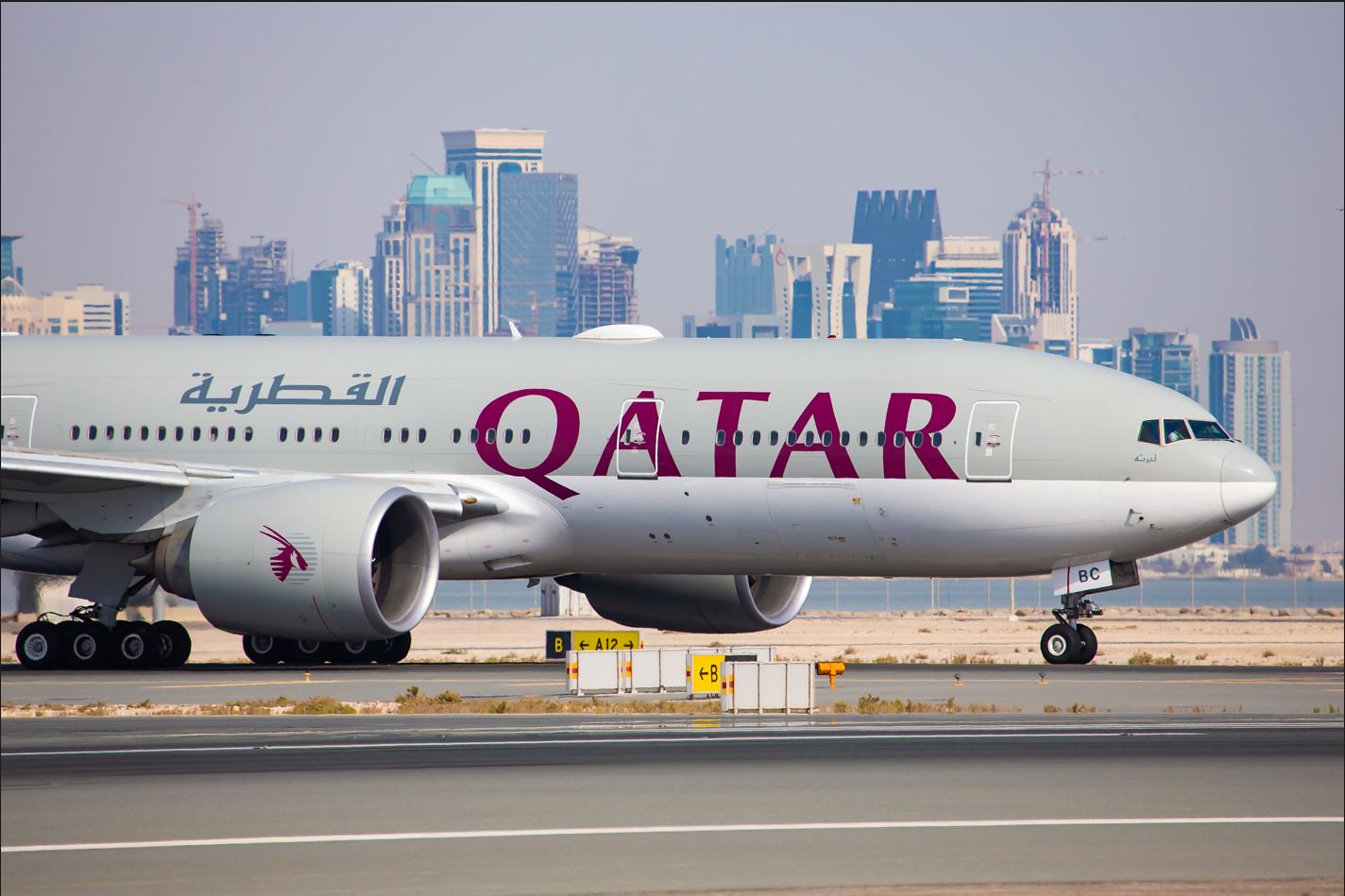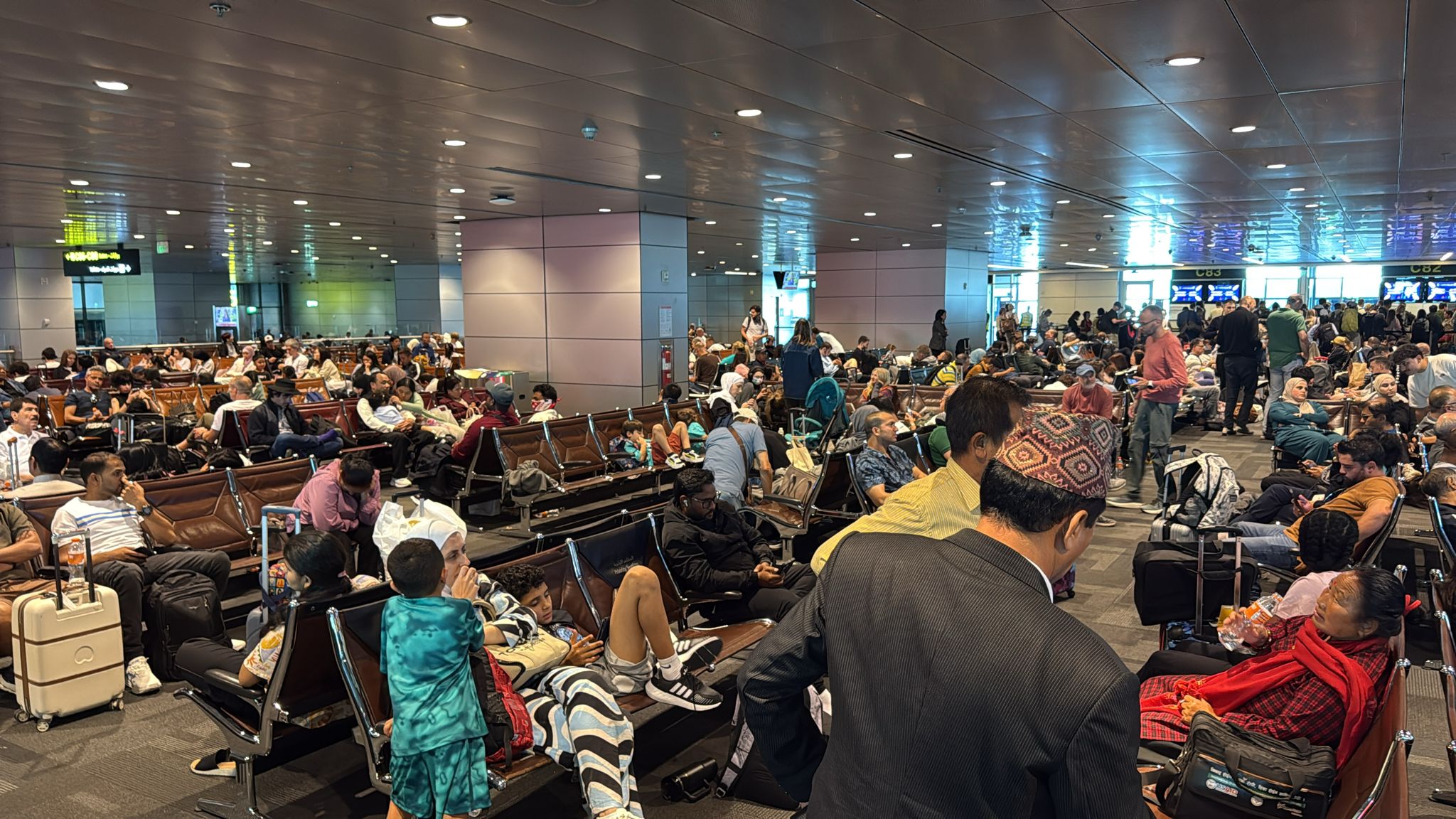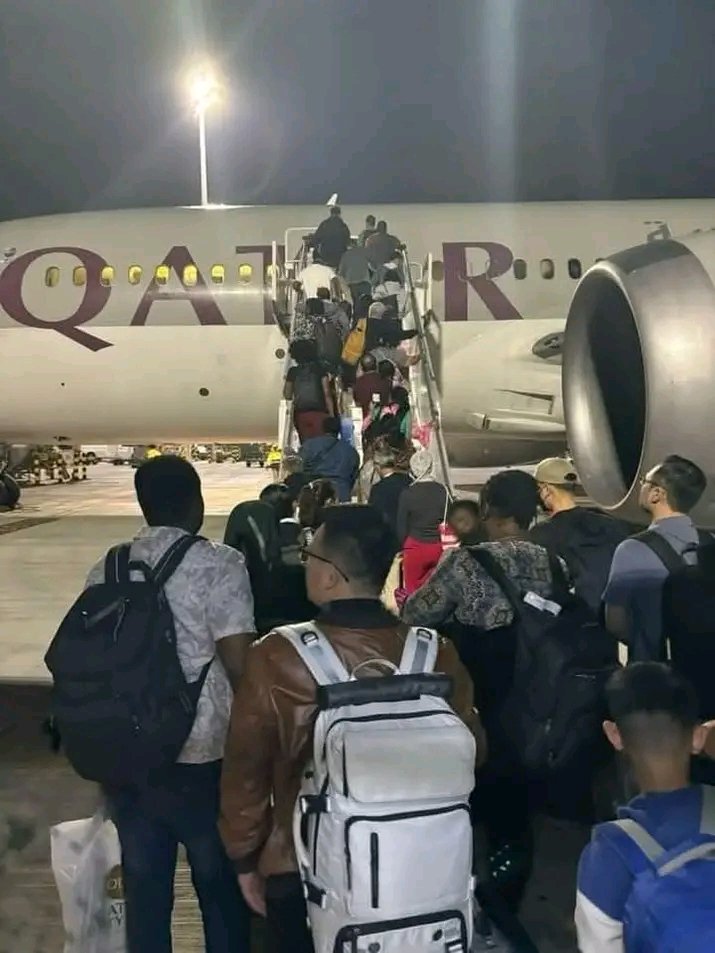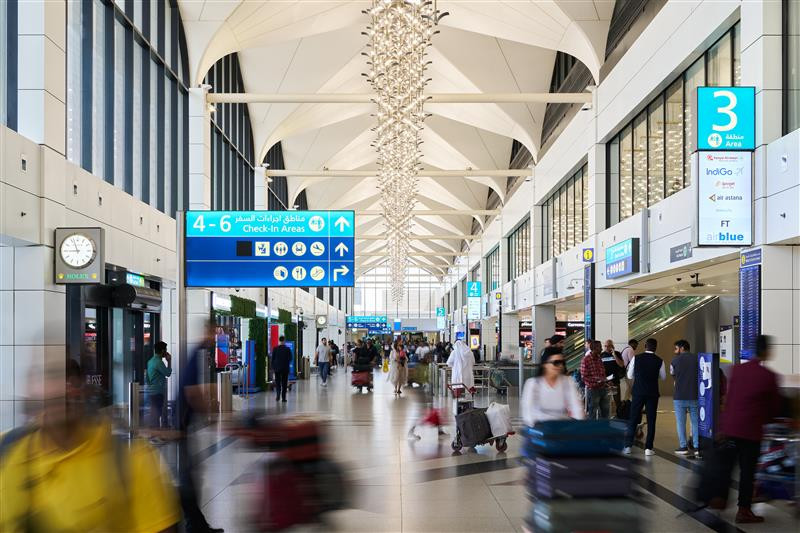
Qatar Airways Group CEO Badr Mohammed al-Meer has provided a detailed account of the airline’s extraordinary response to an unprecedented operational crisis triggered by a missile attack from Iran on a US airbase in Qatar. This incident led to the sudden and complete closure of Qatari airspace on June 23, 2025, forcing the immediate suspension of Qatar Airways’ global operations and causing significant disruption for thousands of passengers.
At approximately 6 PM local time on Monday, June 23, Qatar’s airspace was closed without warning, followed shortly by similar closures in Bahrain, the United Arab Emirates, and Kuwait. Hamad International Airport, one of the busiest and most connected hubs worldwide, was effectively brought to a standstill. Nearly 100 Qatar Airways aircraft were either en route to Doha, approaching the airport, or queued for departure when the closures took effect.

In response to the crisis, Qatar Airways swiftly diverted around 90 flights carrying more than 20,000 passengers. These flights were rerouted to multiple international airports, including 25 flights to Saudi Arabia, 18 to Turkey, 15 to India, 13 to Oman, and five to the UAE. Other aircraft were redirected to major hubs such as London, Barcelona, and various airports across Europe, Asia, and the Middle East.
The missile attack itself, launched from Iran targeting the Al Udeid Air Base in Qatar, activated the country’s air defense systems and prompted decisive action by Qatar’s Armed Forces to protect its territory and people. This heightened security situation compounded the operational challenges faced by the airline.
Inside Hamad International Airport, over 10,000 passengers found themselves stranded in transit, caught amid one of the most complex operational disruptions in aviation history. Many flight crews reached their legal duty limits, and numerous aircraft were grounded at airports with curfews or awaiting clearance to re-enter restricted airspace. The airline’s meticulously planned routing and scheduling systems were instantly disrupted, requiring rapid rewriting of flight paths and passenger itineraries.

Qatar Airways’ immediate priority was passenger care and safety. Once Qatari airspace reopened shortly after midnight on June 24, diverted aircraft began returning to Doha. By 5 AM, the number of passengers in transit had surged to over 22,000. The airline activated its business continuity plans, coordinating logistics for catering, ground transportation, hotel accommodations, and seamless communication with immigration, customs, and airport authorities.
Over 4,600 passengers were accommodated in approximately 3,200 hotel rooms across Doha. Many passengers received onward boarding passes before even leaving the terminal, facilitating smoother transitions once flights resumed. The airline’s teams worked tirelessly to rebook flights, prioritize medical and vulnerable cases, assist families and elderly travelers, and reconstruct complex itineraries that sometimes involved other carriers and expired visas.
In addition to logistical support, Qatar Airways distributed more than 35,000 meals, along with water and comfort kits, providing face-to-face assistance to passengers throughout the transit areas. Contact centers were scaled up globally to handle the surge in inquiries, and a flexible travel policy was introduced, allowing passengers to change or refund bookings without penalty.

By June 24, Qatar Airways had resumed 390 flights as it worked to rebuild its network and restore schedule integrity. Over 11,000 passengers resumed their journeys during the morning wave, with the remaining travelers departing throughout the evening and into June 25. As of June 26, no passengers from the diverted flights remain stranded.
The airline’s recovery efforts were supported by close coordination among ground handlers, airport partners, and internal operations control centers worldwide. This collaborative approach enabled Qatar Airways to stabilize its operations rapidly, reaching 578 scheduled flights by June 25 and moving over 58,000 passengers out of Doha within two days of the crisis.
CEO Badr Mohammed al-Meer expressed profound gratitude to passengers for their patience and understanding during this challenging period. He also commended the professionalism, dedication, and unity of Qatar Airways’ staff and partners, whose tireless efforts ensured the airline could fulfill its responsibility to passengers despite the extraordinary circumstances.
This incident underscores the airline’s commitment to safety, customer care, and operational excellence, even in the face of severe geopolitical tensions and unexpected disruptions. Qatar Airways’ swift and effective response highlights its resilience and readiness to manage crises, maintaining the trust of millions of travelers who rely on its global network daily.



.jpg)












.jpg)








.jpg)
















.jpg)














